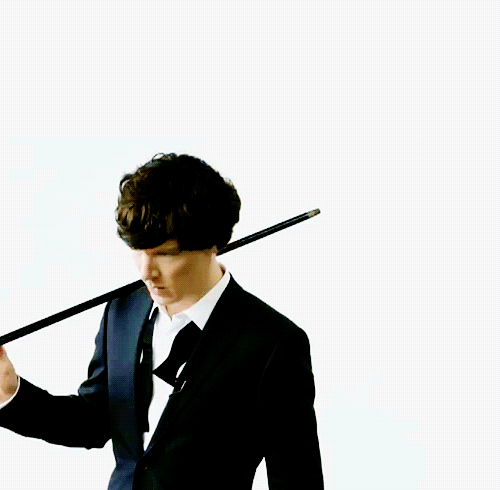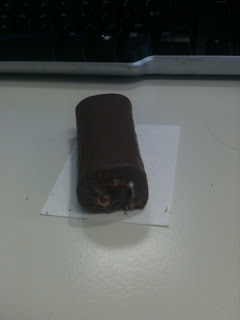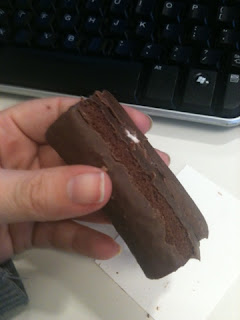I can never read just one book at a time. I might pick up a book and finish it before I pick up another one, but I've always got a number of them going at any given time. At the moment, I've got the following books that I have either started or am part way through:
Name of the Wind
This is THE fantasy book of right now. Patrick Rothfuss's name is now spoken in the same reverent tones as George R. R. Martin or Brandon Sanderson. I'm about a quarter of the way through the audio book and liking it, though I suppose I have yet to get to the stuff that will make me really lose my mind over the book. Looking forward to it, but I'm having to break this book up into several meals, so it might be a while.
I will say that, as someone whose nickname is "Scribe", I have a soft spot for Chronicler.
Code Name Verity
OMFG. I went through the first half of this book in two days. I hit the second viewpoint character and slowed down, but kept going because of how invested I was in the story. Then...then...well, if you've read it, you know. Let's just say that something happened that made me simultaneously want to rip the book in half and jump up and down.
Rip the book in half, because that's what it did to my HEART.
Jump up and down because, in my experience, when that sort of major craziness actually makes it to publication, it's because the ending will justify the heck out of it.
That said, I did have to pause the book because of a sudden need to reread The Hobbit.
The Hobbit
I first read the hobbit when I was about nine. I remember my brother had to read it for school and I picked it up and blazed through it when he was done. I didn't remember anything beyond the eagles. Then the second trailer was released (leaked - bwahahahaah!) and I suddenly had the need to reread it with
Dr. Watson Martin Freeman running around as Bilbo in my imagination. Also, I couldn't remember what had actually...happened.
So yes. Took a break from the emotional TRAUMA of Code Name Verity to reread in preparation for December.
Sabriel
Still working through this. I really, really want to figure out why I'm not grabbed by this as much as both Raven and Skrybbi were convinced I would be. It may be because I've been doing most of my "reading" through audio recently, and the amount of time I devote to actually sitting down with a book is so scant that I have trouble devoting myself to a book that hasn't 100% grabbed me, like Verity.
I may call it a lost cause and get on with A Confusion of Princes, which I grabbed because the premise was...well...awesome.
Good Omens
Listening to this on audio as well, and because of someone on tumblr, I'm totally imagining
Loki Tom Hiddleston as Crowley and
Sherlock Holmes Benedict Cumberbatch as Axiraphael. I picked this up on Audible because I went to see Neil Gaiman at the Unchained Tour last night, and was listening in preparation. I'm really enjoying it, but can only take so much silliness at a time (I don't tend to read fiction that's so overtly comical...probably because there's so little tension it doesn't hold me).
Raven Boys
The new Maggie Steifvater book - I grabbed the Audible version of this, but I'm not really liking the reader. The main character is fun, but thus far it's hasn't grabbed me by the throat and shook me into the same kind of nostalgic love that Scorpio Races did. Still, not far in yet, so I'm going to brave the reader a bit more: I love the premise.
Note: I don't tend to have problems when books with female MCs are narrated by men, but this person's voice doesn't seem to fit the narration to me. Not just yet, anyway. It might end up being more apt later on.
The Privilege of the Sword
I waited for the sequel to Swordspoint to come out on Audible. Ellen Kushner even favorited my tweet and tweeted me back about it! Neil Gaiman was involved in putting together the audio for the first one, so I knew he would be involved in this one as well, but the surprise was Felicia Day, who is going to be doing the voice of the main character in the chapters that are "illuminated" with full-cast.
Do you read more than one book at a time? What are you reading right now? What made you pick it up or put it down?















